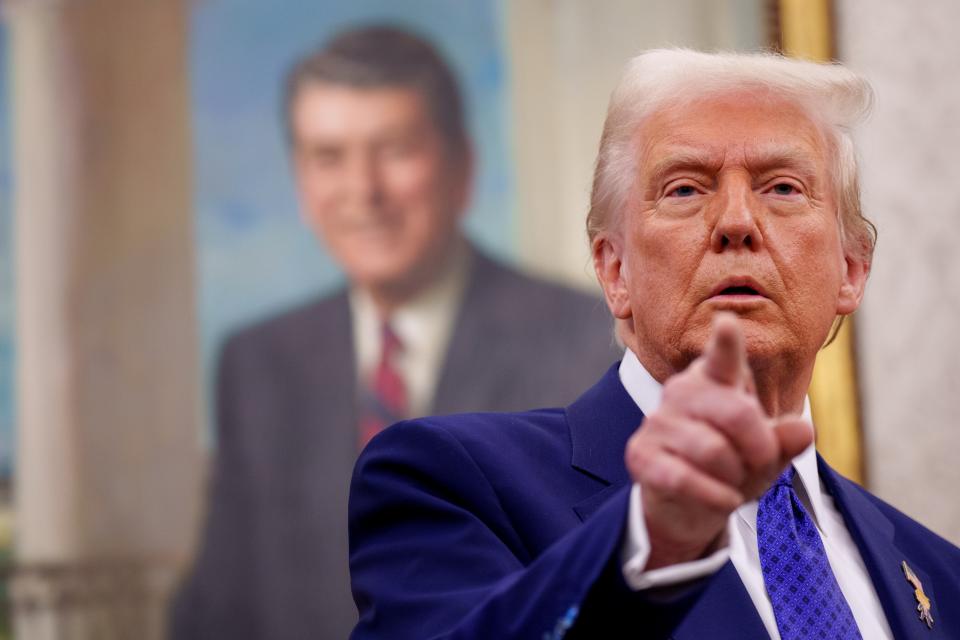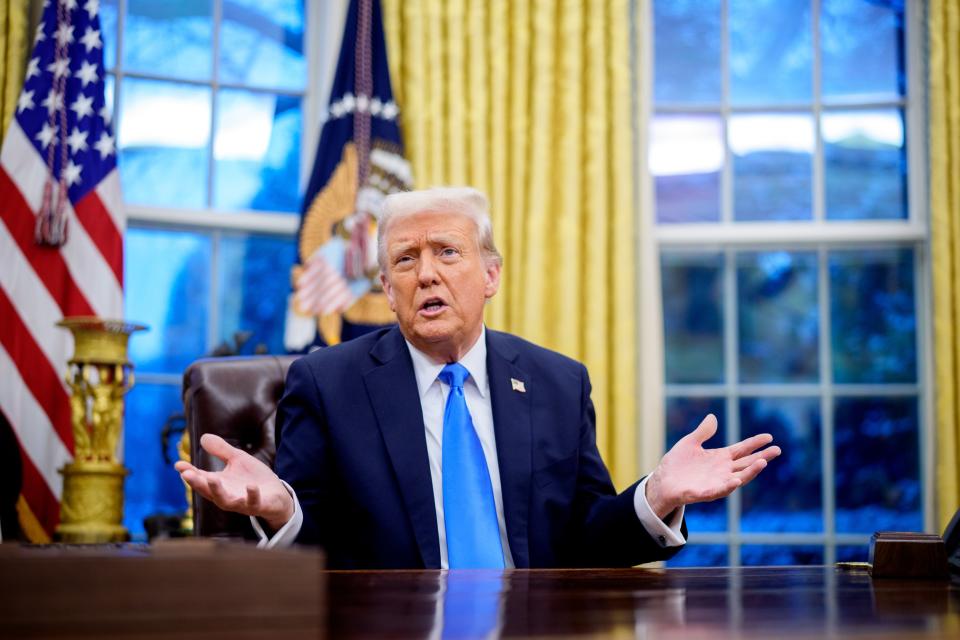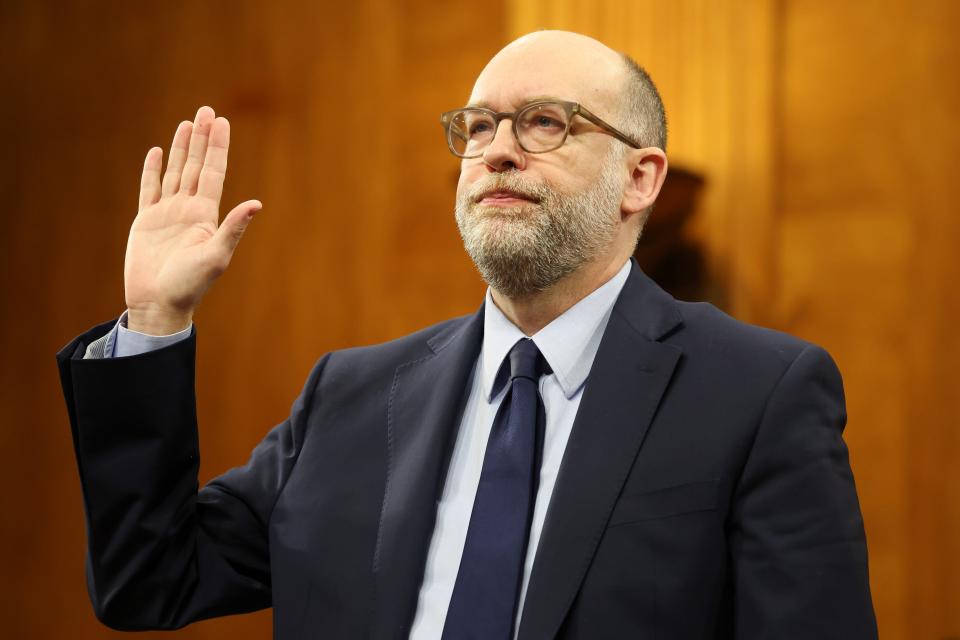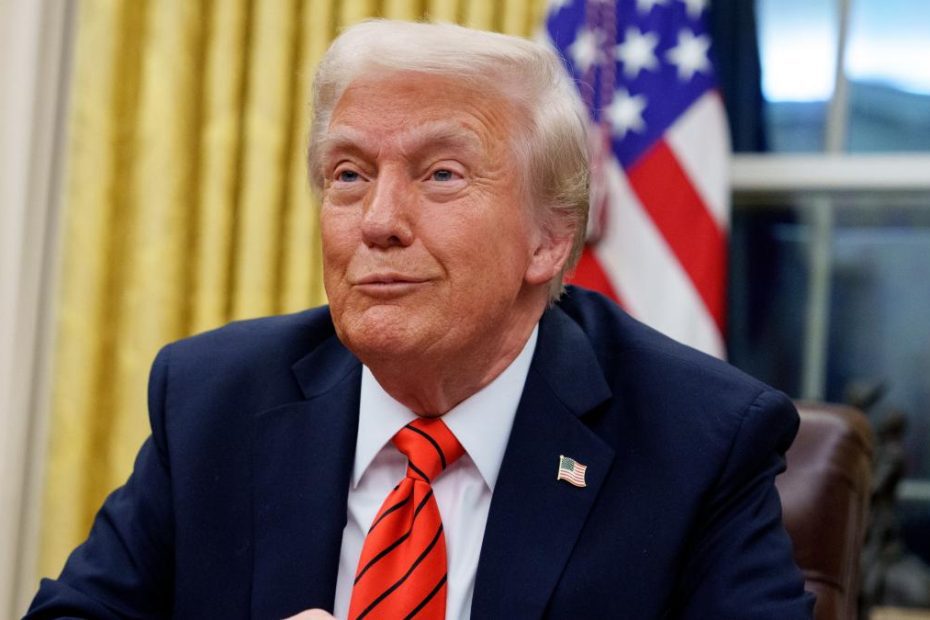President Donald Trump signed a milestone executive order on Tuesday with which the White House could check independent agencies that have long had surgery outside of his influence.
The radical order, which claims to promote 'presidential supervision and control over the entire executive', can influence independent agencies such as the Federal Election Committee, the Federal Communications Commission, the Federal Trade Commission and the Securities and Exchange Commission.
The order seems to be designed to test a one -time legal theory, called the Unity Executive theory, who believes that the president has some control over the entire executive power. It also reflects the growing influence of Trump's budget leader, Russell Vought, who has long been in favor of the unitary executive theory.
The order will certainly be taken quickly by legal challenges.
“Previous administrations have allowed so -called 'independent regulatory authorities' to operate with at least presidential supervision,” the order reading.

US President Donald Trump takes a question from a reporter in the White House on 12 February 2025 in Washington, DC. / Andrew Harnik/ Getty images
“These regulatory authorities are currently exerting a substantial executive authority without sufficient responsibility to the president, and through him, to the American people,” it went further, adding that these practices undermine the “responsibility” of the agencies to the nation and a “United and coherent prohibit the implementation of federal law.”
“For the federal government to be truly responsible for the American people, civil servants who use a huge executive power must be supervised and controlled by the chosen president of the people,” said the order.
“That is why, in order to improve the administration of the executive power and to increase the accountability of the regulatory officials to the American people, the policy of the executive power to guarantee presidential supervision and control over the entire executive power.”

The US President Donald Trump speaks during an executive order in the Oval Office in the White House on 11 February 2025 in Washington, DC. / Andrew Harnik/ Getty images
The order was about how Vought, the director of the American Office of Management and Budget, would, instead, supervise the agencies by determining “performance standards and management objectives” for their heads and to report “periodically to the president about their performance And efficiency in achieving such standards and objectives.
The order also allows the budgets of the agency “if necessary and appropriate to promote the policy and priorities of the president.”
In addition to his role as a budget leader, Vought also has a temporary title of acting director of the Consumer Financial Protection Bureau, another independent agency, where he has since dismissed a large percentage of employees and has dismissed the financing.

The candidate of US President Donald Trump for Office of Management and Budget Director Russell Vought is sworn in during the nomination of the Senate Bank Committee in the Dirksen Senate building on January 22, 2025 in Washington, DC. / Kayla Bartkowski/ Getty images
The move is unprecedented. Earlier presidents have rarely tried to challenge the independence of these agencies and some have gone so far to prevent them from even suggesting a hint of interference through their actions.
But Trump made it astonishing last week claim: “He who saves his land does not violate any law.”

